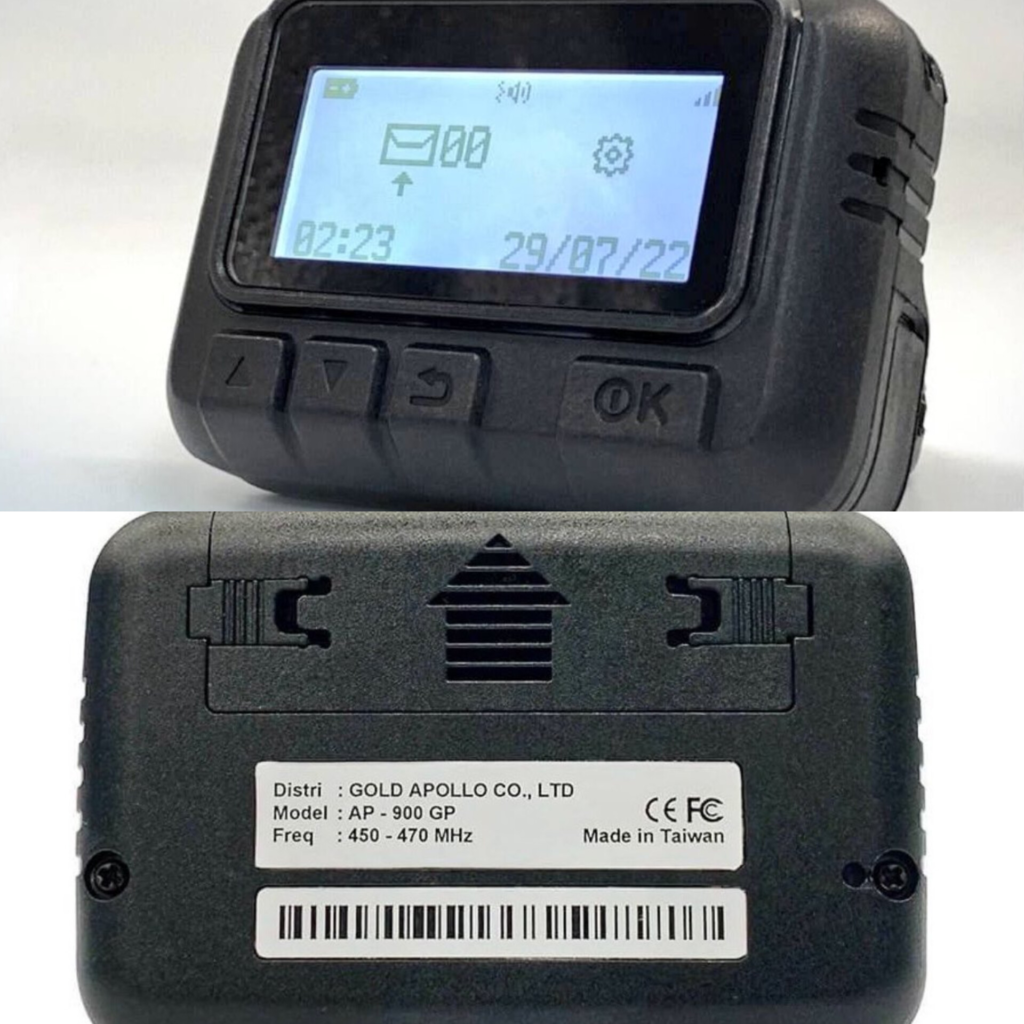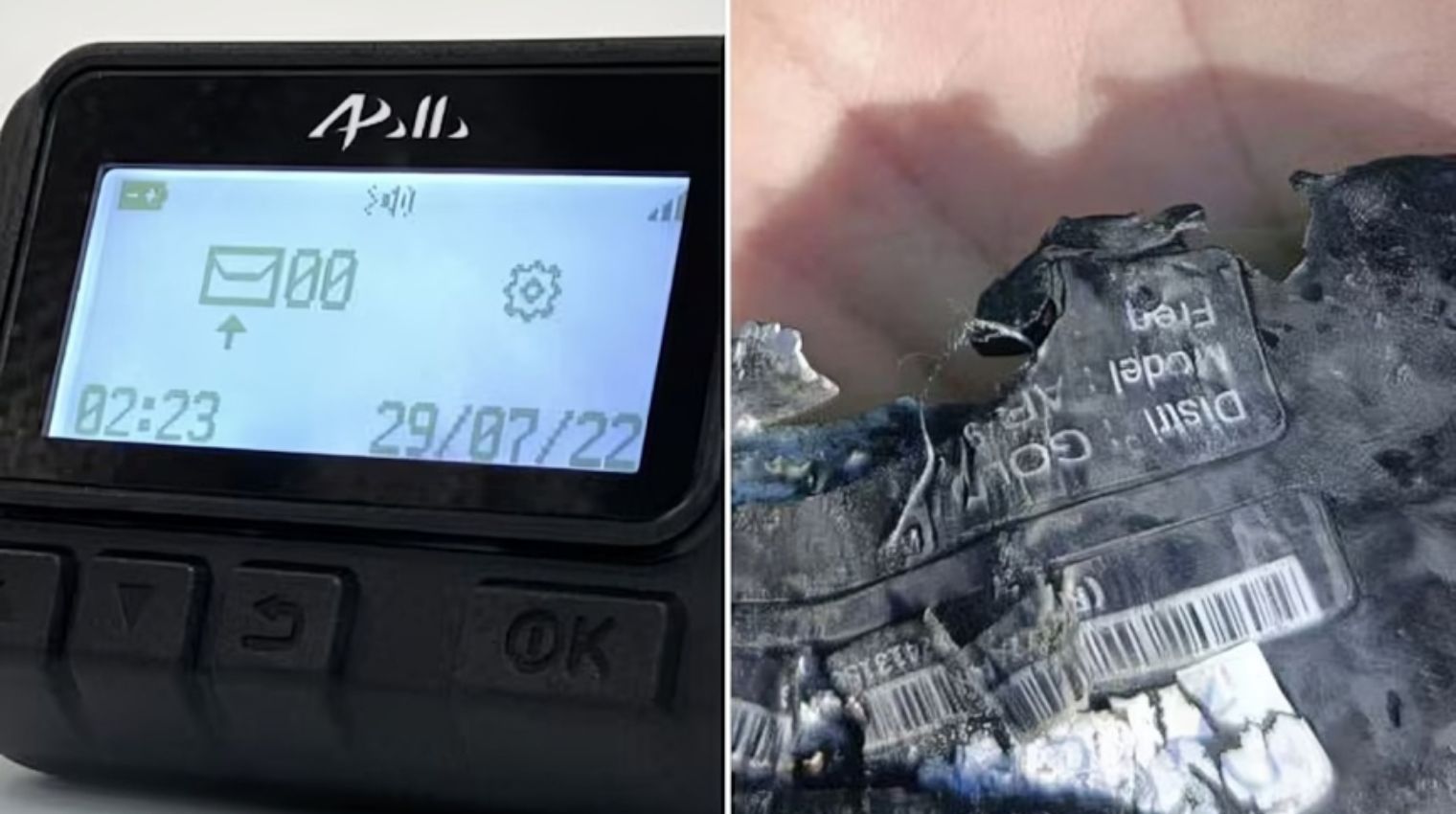Following the Tuesday explosion of hundreds of wireless devices used by Hezbollah members, at least nine people were killed and nearly 3,000 injured in Lebanon. According to a senior security source in Lebanon, months prior to the explosions, the Iran-backed group bought 5,000 Taiwan-made pagers, or “beepers,” which were later found to have explosives hidden inside by Israel’s Mossad intelligence agency.
Pagers: What are they?
A pager, sometimes known as a “beeper,” is a compact, handheld communication device that uses a radio frequency signal to receive brief messages, usually consisting of numbers or letters. Prior to the widespread adoption of cell phones, pagers were commonly utilized. It was an essential instrument for communication, particularly for professionals such as managers, journalists, doctors, and technicians. It made it possible for them to get crucial messages even in far-off places.
How do pagers operate?
A pager operated in an uncomplicated yet effective manner. The device would give a clear beep to notify the user when a message was sent using radio waves. In order to reply to this prompt, the user would then need to find a public or landline phone nearby.
Pager technology saw tremendous advancements as it developed. With their small screens, the more recent models could show brief messages right on the device.

Nevertheless, mobile phones began to supplant these little gadgets by the 1990s. The demand for pagers was rapidly reduced by the convenience of mobile phones, and by the late 1990s, beepers were largely no longer used in public.
Why do members of Hezbollah still use pagers?
The recent cyberattack on Hezbollah, which receives support from Iran, exposed the group’s continued usage of pagers, despite widespread belief that they were out of date.
Hezbollah fighters utilized the pagers as a low-tech communication tool to avoid Israeli location tracking. Months before Tuesday’s explosions, 5,000 pagers supplied by Hezbollah were reportedly rigged with explosives by Israel’s Mossad espionage agency.
According to a Lebanese security source who spoke with Reuters, Gold Apollo, a company based in Taiwan, was the source of the pagers. However, Gold Apollo denied manufacturing the devices in a statement. It provided no other information other than stating that they were manufactured by BAC, a business that is licensed to use its brand.
According to a top security source in Lebanon, the organization had placed an order for 5,000 beepers from Gold Apollo, which numerous sources said had entered the nation earlier this year.


Leave a Reply